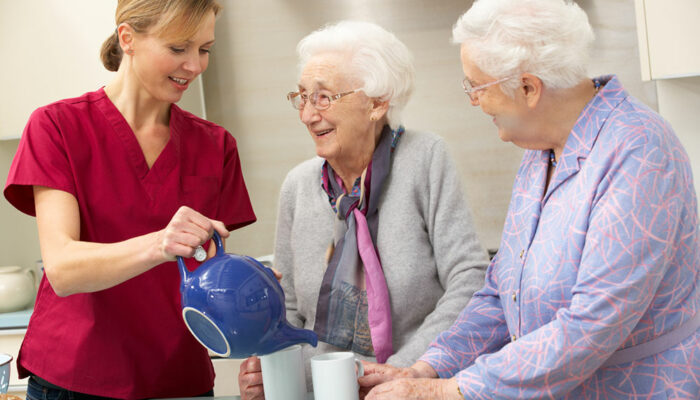seniors
Top 10 tips for choosing a home caregiver for seniors
Finding the best home caregiver for aging parents or other family members is an essential step to ensuring they get the proper care when needed. That said, picking the ideal caregiver can be a challenging task, especially because one has to grow to trust the professional and also keep other factors like cost in mind. Here are a few tips to help one choose a caregiver who fits one’s requirements and criteria. 1. Define the needs Before selecting a home care agency or caregiver, one needs to understand the patient’s needs. Getting to know their requirements better can make the selection process for a caregiver much easier. Those looking to hire a professional caregiver should consider factors like the degree of required care and specific health conditions. Doing so can address several issues, including mobility limitations, cultural differences like language barriers, healthcare management, and food restrictions. The more detailed the understanding, the better one can communicate the needs with the concerned agency or professional. 2. Write down the job description Once individuals know what they look for in a caregiver, they should prepare or write down a job description. This document should include whether one is looking for someone with healthcare training and the type, a licensed practical nurse, a registered nurse, or a certified nursing assistant.
Read More 









